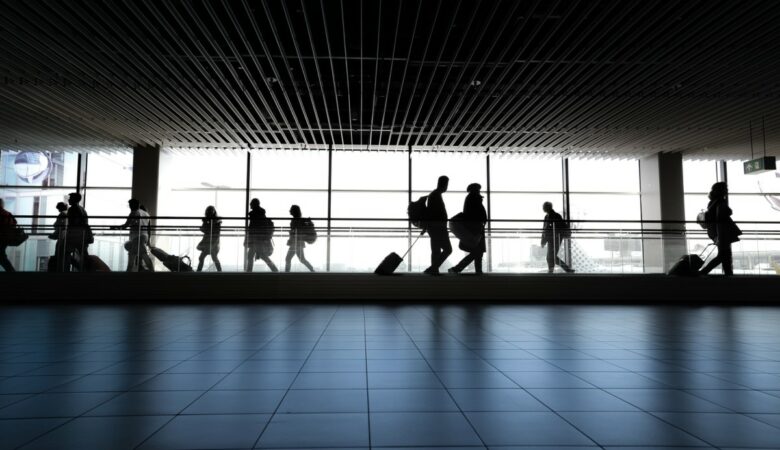
There is something in the face-to-face connection that can only be achieved by getting boots on the ground in the jurisdiction in which companies operate, a task which is easier said than done in the current environment of global travel restrictions caused by Covid-19.
This is where Harvey Law Group enter the discussion around global mobility options. Jean-François Harvey, Managing Partner and Founder of Harvey Law Group joined Aldo Pennini, Associate Director, Strategia Worldwide for a conversation at IMARC Online to discuss international mobility in 2021.
“People [and companies] are now looking forward to find solutions that will allow them to travel again. This is what we are focussed on,” said Jean-François.
A solutions-oriented workface dealing with “Zoom-Fatigue”
Businesses around the globe addressed the challenges brought about by the pandemic at different rates. Some companies responded very quickly, adjusting to the changes within the first 60 days. Whereas others took longer, assuming the pandemic would be over in a matter of months.
Nine months since the first impact of Covid-19 hit, Harvey Law Group has found that the majority of businesses are primarily solutions-oriented, and this mindset has made the business community realise just how valued mobility is.
“Mobility is needed now more than ever,” said Jean-François.
“Everyone is facing “Zoom-Fatigue” right now. We know there is a need for different teams to be on-site, not only in the mining industry but in every aspect of business.”
Citizens have the fundamental right to travel home
Businesses around the globe may have recently found that they have lost the ability to jump on a plane and travel on a whim, but Jean-François says there are two distinct approaches that businesses are pursuing to ensure they maintain mobility.
The first is executives seeking ways to be able to move around despite travel restrictions. Many are doing so by exploring citizenship or residency by investment programs.
“An executive will call us to get a new residency, because fundamentally as soon as you have residency or citizenship you have the right to go back home,” said Jean-François.
The second approach is for Human Resource departments to look at their teams and finding out who within their existing structure holds different nationalities. Again, this approach is based on the principle that people always have the right to go back home.
“This has been quite a successful approach from many of the bigger global companies who have been able to identify a number of their personnel who were able to travel [amid restrictions] based on that principle.”
A case-by-case approach to mobility
Countries around the world are approaching the question of travel restrictions in a myriad of ways. This means that the challenges and opportunities afforded by different countries are varied, particularly those that rely on mining and skilled workforces.
Canada is one such example of a country that has made concessions around travel for the resources sector.
“Canada has made it very clear that mining is an essential business. People with a work permit can travel without requiring an exemption provided they work in the mining industry,” said Jean-François.
Similarly, many Asian countries are working to be more flexible in their approach now, even if the majority of borders are officially closed.
“What we are noticing is that even the most restricted countries are open to some flexibility, as long as you explain the situation to them.”
Jean-François stressed that this meant there was no single approach to mobility that was a one-size-fits-all solution.
“It’s definitely a case-by-case approach. You need to look at each situation individually to find the right solution.”
The future of mobility
In the future, will companies continue to move a large number of people around, or will there be a shift to a more local provision of those services?
Jean-François believes that “the new normal” will look slightly different to what businesses have been used to. The focus will be on training and forming mobile teams who will make business travel a more efficient endeavour.
“What we are finding now is that people will need to travel for an entire month. There will be no more one-day, two-day trips; people will need to travel for a month to make it worth it.”
Jean-François says this has been a key focus for Harvey Law Group; helping those teams become more mobile so that they can travel and become more efficient.
This trend also signals a big shift in travel clauses in contracts that will need to be negotiated between employer and employee.
“Before contracts would include a clause for up to one-month of travel a year, but now we are included clauses for up to six months’ of travel a year.”
“That’s a lot of adjustment for the employee, the employer, and the hosting country.”




